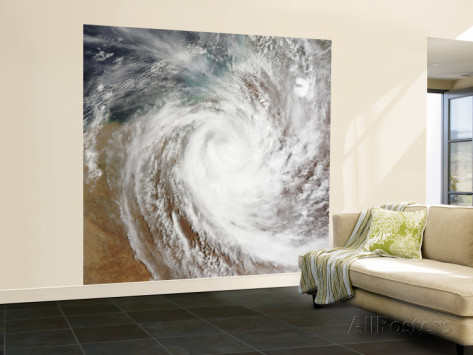Trees that “Grow on You”: Naturalist Taxonomy and Ecopoetics of Interrelatedness in Murray Bail’s Eucalyptus
DOI:
https://doi.org/10.60162/swamphen.5.10626Keywords:
Postcolonial ecocriticism, naturalist taxonomy, ecopoetics, belonging, "storied" matter, self-reflexive nature writing, biological and cultural interrelatednessAbstract
Investigating transcultural encounters between Europe and Australia in Murray Bail's Eucalyptus through an ecocritical lens, this essay re-evaluates the act of naming trees with regard to the status of the character symbolically called Holland. Critics have underlined how, in colonial contexts, the naturalist taxonomy of the environment partakes of the settlers' conquest of new colonies: Jamaica Kincaid's assertion 'to name is to possess' crystallises this cultural process of ecological imperialism. While I acknowledge this phenomenon, a re-appraisal of the naming practice in Eucalyptus allows us to transcend the legacy of polarised colonial and anthropocentric perspectives. Holland's status may be interpreted positively in view of Neil Evernden's concept of 'man-in-environment': if so, the act of naming represents the individual's constructive attempt at establishing a sense of place within a new territory. Bail's protagonists exemplify different stages in this process of interrelatedness between the human and non-human realms, one which resists a conventional subject-object relationship. Whereas the ambivalent Holland embodies a factual and existential naturalism, the imaginative approach to the treescape of his daughter Ellen and her storytelling suitor fully emancipates them from the commodifying effect of Holland's naming competition. Bail's aesthetics reflects the dissolving boundary between the self and environment: deployed in the suitor's fable-like stories and Bail's rich prose, the ecopoetic devices of anthropomorphism and zoomorphism defy the rational laws of Western realism. This ecopoetics of interrelatedness restores the agency of the eucalypts while negating the concept of a traditionally dominant human presence in the environment. In Eucalyptus, taxonomy reveals the reciprocal dynamics of a genuine interpenetration: Holland's 'bush garden' becomes a global space that combines European (symbolised by Holland and the stories) and Australian (the eucalypts) identities. Thus, Bail projects a creative site of transcultural dialogue at the level of the terrain through the complementary processes of physical and subjective interrelatedness.Downloads
Published
2015-12-16
Issue
Section
Essays
License
Authors who publish with this journal agree to the following terms:- Authors retain copyright and grant the journal right of first publication with the work simultaneously licensed under a Creative Commons Attribution License that allows others to share the work with an acknowledgement of the work's authorship and initial publication in this journal.
- Authors are able to enter into separate, additional contractual arrangements for the non-exclusive distribution of the journal's published version of the work (e.g., post it to an institutional repository or publish it in a book), with an acknowledgement of its initial publication in this journal.
- Authors are permitted and encouraged to post their work online (e.g., in institutional repositories or on their website) prior to and during the submission process, as it can lead to productive exchanges, as well as earlier and greater citation of published work (See The Effect of Open Access).

